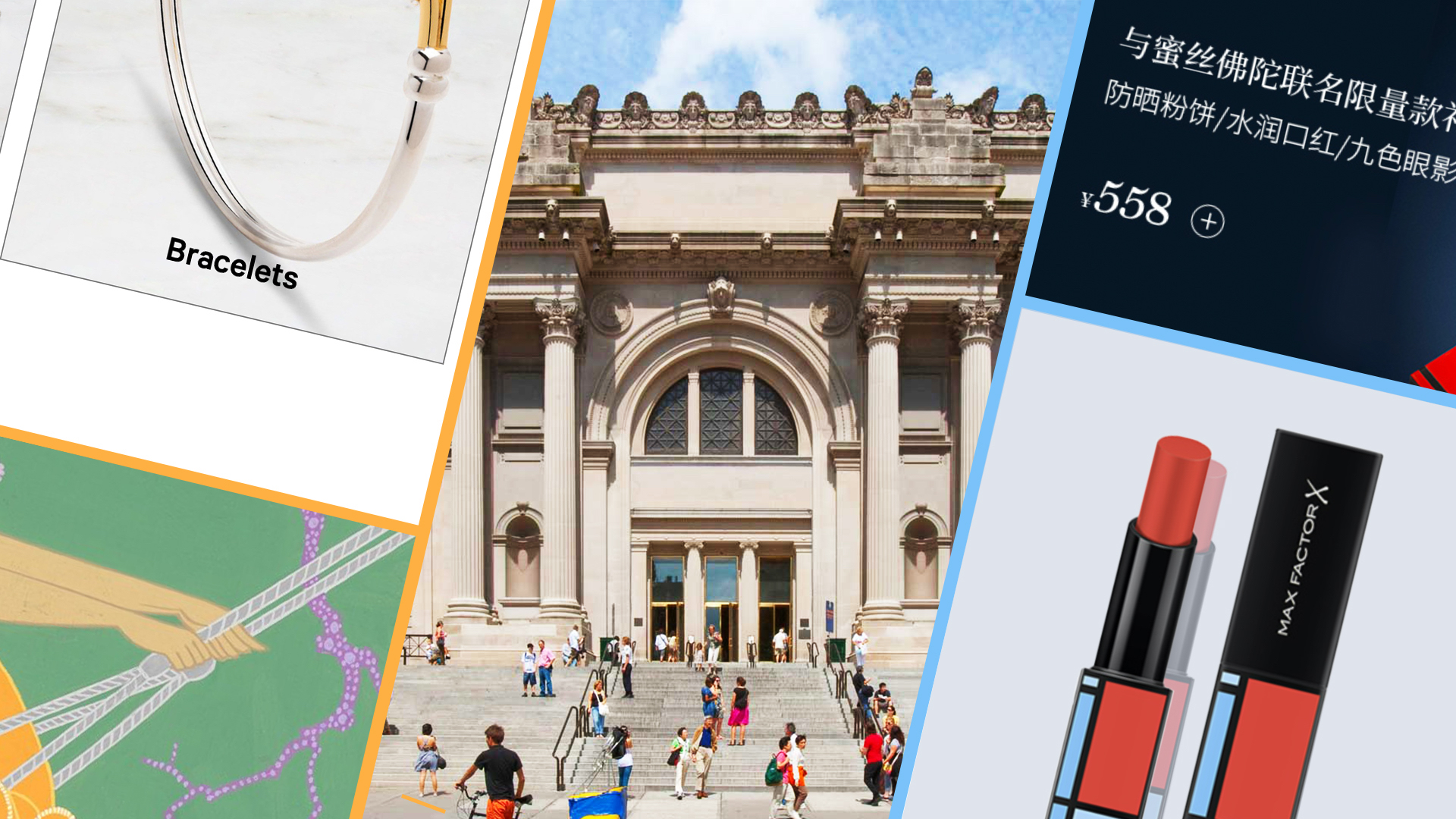How can cultural destinations continue to generate revenue during periods of adversity? It’s a question coronavirus has thrown into sharp relief and New York’s Metropolitan Museum of Art, which faces a shortfall of $150 million in 2020, has posed one solution with the announcement of its global licensing program.
The move sees Beanstalk appointed as the museum’s licensing agency in the U.S. and Japan with WildBrain CPLG responsible for Europe, the Middle East, and Africa.
The willingness to develop Met branded products — encompassing cosmetics, giftables, home furnishings, apparel, and more — is a path the 150-year-old museum has been pursuing in China for the past two years through its partnership with Shanghai-based Alfilo Brands.
“The Met offers endless ways to experience the wonders of art,” said Lisa Silverman Meyers, Head of Licensing and Partnerships, in a press statement, “we are thrilled to be working with agencies that embody the thoughtfulness and licensing expertise that make them ideal partners for The Met.”
The Met Licensing in China
In 2018, Alfilo Brands became the Met’s exclusive licensing partner for Greater China, an agreement that led to it selling goods on Chinese e-commerce platforms Tmall, JD.com, and Pinduoduo.
Aside from making highlight products from its New York gift shop — Van Gogh tote bags, Paul Klee phone cases, Piet Mondrian espresso sets — more easily purchasable in China, the Met also began working with local Chinese brands to create cross-over goods.
Standout collaborations from the Met licensing program include creating electric toothbrushes with usmile, releasing cutesy accessories alongside question-and-answer website Zhihu, and drawing from its collection of royal portraits to create limited-edition lipsticks with Perfect Diary, a young cosmetics brand.
Takeaway
With ticket sales and in-house visitor spending abruptly stripped from balance sheets, there’s a broad, long-term, need for attractions and destinations to diversify revenue avenues. In China, the practice of cultural institutions working with licensing agencies is already well-established — Beijing’s Palace Museum, for instance, made $222 million through product sales in 2018.
The possibility that one of the world’s most celebrated and diverse museums could generate similar revenue hardly seems fanciful.



